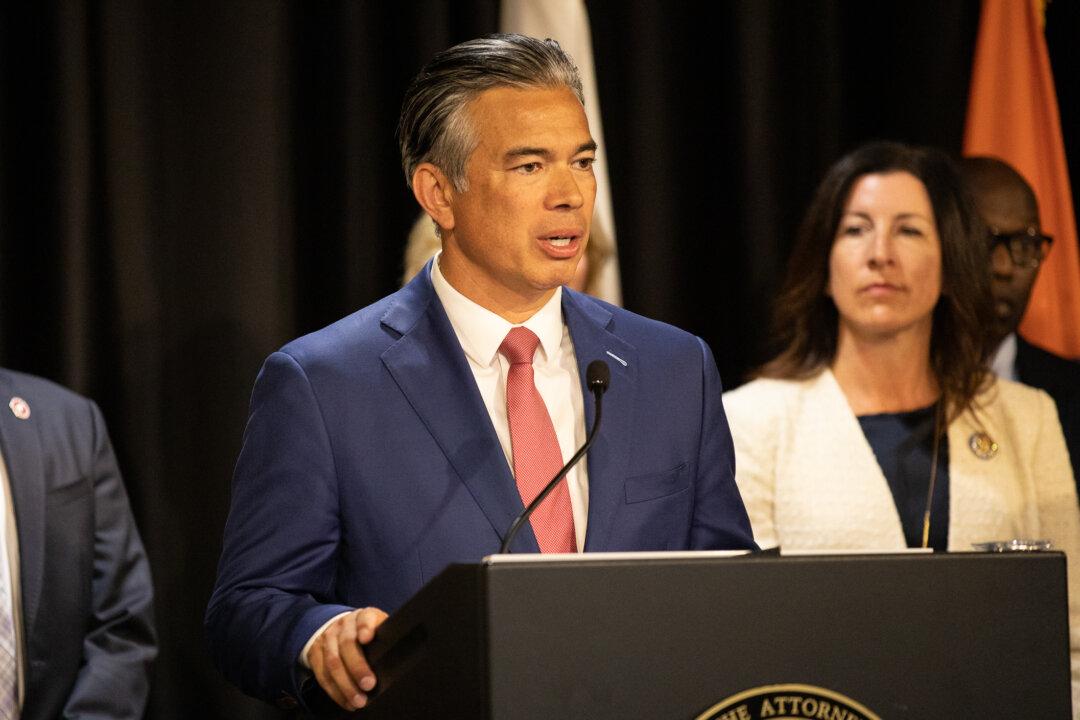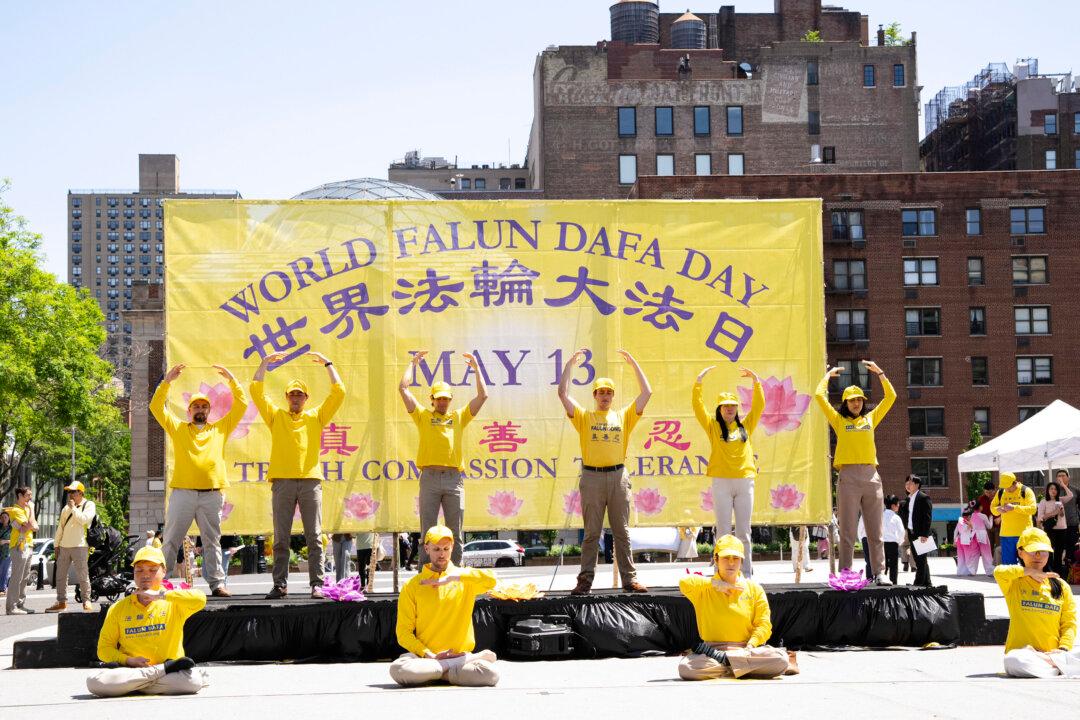The California Attorney General’s Office has taken over a Los Angeles County Sheriff’s Department investigation into allegations of political corruption against the L.A. Metropolitan Transportation Authority and county Supervisor Sheila Kuehl.
The move by Attorney General Rob Bonta was confirmed in a letter (pdf) sent to the sheriff’s department Sept. 20.





